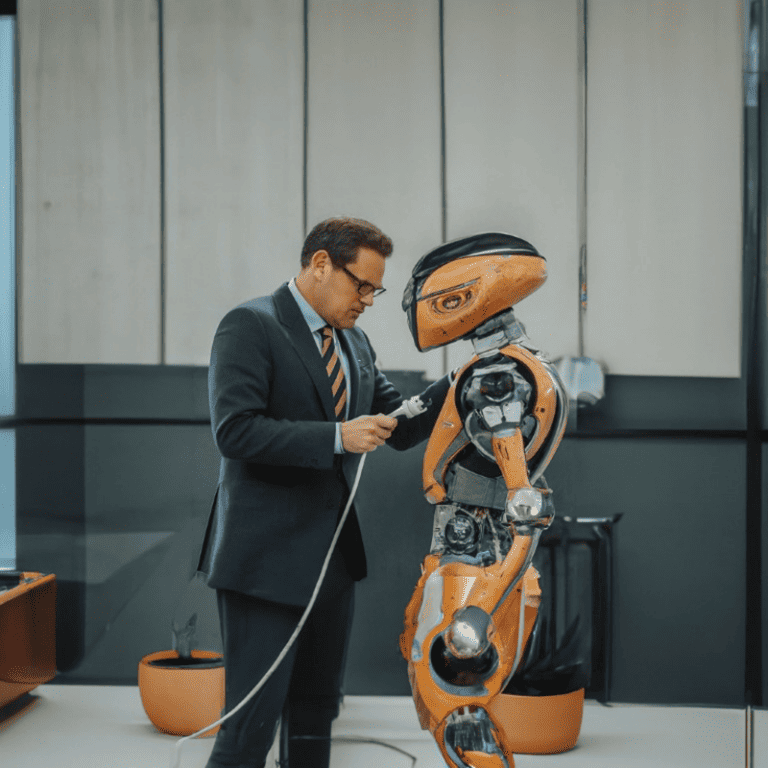DPD and MIT prove that replacing humans with AI robots is not easy. MIT theoretically proves that the technology is too expensive in most cases. DPD, in turn, shows in a practical example that the technology is not perfect, with a chatbot that is too critical for its own company.
A theoretical and a practical example show that AI does not seem to threaten our jobs right away. In fact, at DPD, things are going in the opposite direction, and technology gets replaced with people again. At DPD a chatbot gets fired after it insulted the company it worked for.
Chatbots are learning positively and negatively
Chatbots are constantly evolving and learning from the conversations they hold. This includes things like the tone of voice. That means negative comments from frustrated customers who don’t get help from a company or the chatbot also enter the chatbot’s training sets.
At the courier service DPD, the chatbot has been learning this way for years. This increases the likelihood that the chatbot is now expressing itself negatively about DPD based on earlier conversations. On social media platform X, the comments are shared actively. “DPD is the worst courier service in the world. Slow, unreliable and the customer service is terrible. It’s a customer’s worst nightmare.”
Economic benefits lag
But also, the theory does not speak in favour of the technology. Massachusetts Institute of Technology (MIT) researchers, for example, found that it takes years to return on investment. “Even with a 50% annual cost reduction, it will take until 2026 before half of tasks taken over by computer vision have a financial benefit.” The study was conducted based on online surveys, looking at the current state of affairs in 800 professions.
So the costs do not immediately pay for themselves, making it only within enterprises that it is often financially viable to consider AI robots. Only the replacement is not interesting if the robot’s delivered work ultimately proves to be substandard.
Staying professional
So, in a professional context, it still appears to be difficult to replace humans with AI. It has been shown that it does not help to impose rules on chatbots to prevent, for example, swearing or illegal practices. This is because humans quickly find a way to get around these rules again. That makes chatbots are unprofessional and damages a company’s image. This also happened at DPD, where after repeated customer insistence, the chatbot still admitted to use a swear word in every sentence.
Then again, the financial gain of replacement appears to be limited because a chatbot is only for 23 persont of the jobs cheaper than a person, who does perform the job properly. The best conclusion here is the one the chatbot from DPD made itself: “Finally, they could get the help they needed from a real person who knew what they were doing,” it writes of the chatbot’s cancellation.
Also read: Acronis: ‘AI helps hackers penetrate deeper into the organization’
